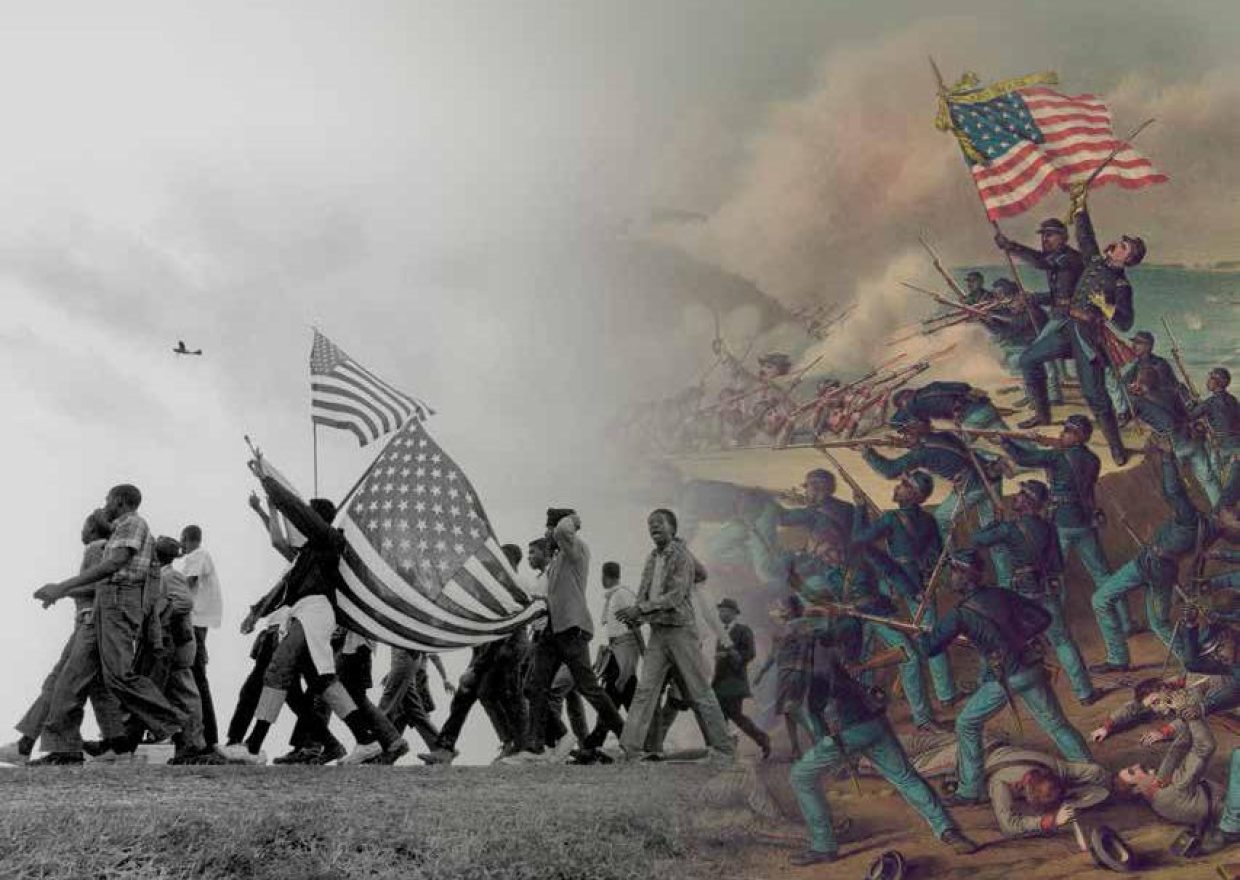In today’s interconnected world, the impact of war extends far beyond the battlefield, reaching deep into the very fabric of society. As conflicts unfold, governments often face immense pressure to safeguard national security, sometimes at the expense of civil liberties and individual rights. This delicate balance raises important questions: How do modern wars challenge the freedoms we hold dear? And what does this mean for the principles of democracy and justice? In this article, we’ll explore the complex ways in which war tests our civil liberties today, offering insights into the ongoing struggle to protect rights even in the most turbulent times.
Table of Contents
- The Impact of War on Freedom of Expression and Privacy
- Understanding the Balance Between National Security and Individual Rights
- Addressing the Challenges of Surveillance and Government Overreach
- Promoting Legal Safeguards and Public Awareness in Times of Conflict
- In Retrospect
The Impact of War on Freedom of Expression and Privacy
In times of war, governments often amplify surveillance measures and impose strict controls over communication channels under the guise of national security. Citizens may find their digital and physical privacy severely compromised as authorities monitor phone calls, emails, and social media activity. This heightened scrutiny can lead to self-censorship and a chilling effect on free speech, where individuals are hesitant to voice dissenting opinions for fear of reprisal. These wartime restrictions not only undermine democratic values but also create an environment where misinformation can flourish unchecked.
Moreover, the balance between security and civil liberties becomes precarious as emergency laws and martial regulations are enacted. Common consequences include:
- Restricted access to independent media and censorship of sensitive content.
- Enhanced powers of detention and reduced legal protections for suspects.
- Widened gaps in accountability, with few mechanisms to challenge abuses.
While preserving safety is undeniably crucial, it is equally important to uphold fundamental freedoms to prevent the erosion of rights that may persist long after peace is restored.
Understanding the Balance Between National Security and Individual Rights
Striking an equilibrium between safeguarding a nation and preserving the rights of its citizens is a complex endeavor, especially during times of war. Governments often justify stringent security measures, surveillance programs, and restrictions on movement as necessary to protect the populace from external threats. However, these actions can inadvertently encroach on fundamental freedoms such as privacy, freedom of expression, and due process. It is crucial to recognize that while national security is indispensable, compromising civil liberties can erode public trust and undermine the very democratic values societies aim to defend.
A nuanced approach acknowledges that protecting citizens does not require sacrificing their rights. Mechanisms must be in place to ensure:
- Transparency in government policies and accountability for actions taken in the name of security.
- Legal oversight through judicial review to prevent abuses of power.
- Public dialogue to engage citizens in conversations about the balance between safety and freedom.
By fostering this balance, societies can navigate the challenges of wartime without compromising the civil liberties that define their identity and moral compass.
Addressing the Challenges of Surveillance and Government Overreach
In times of war, the balance between national security and personal freedoms often becomes precarious, with governments justifying expanded surveillance measures as necessary for protection. However, this heightened scrutiny can easily slip into invasive monitoring practices that threaten civil liberties. It’s critical to advocate for transparency and accountability by demanding that authorities adhere strictly to legal frameworks and respect citizens’ rights to privacy. Without vigilance, such surveillance programs risk becoming permanent fixtures, eroding trust and chilling free expression.
Citizens and organizations alike play a vital role in counteracting government overreach by:
- Supporting independent oversight bodies that investigate abuses and ensure compliance with human rights standards.
- Promoting digital literacy to empower individuals in protecting their online data from unwarranted interception.
- Engaging in constructive dialogue about the ethical implications of surveillance technologies used during conflict.
- Advocating for legislation that clearly defines limits on surveillance, including strict criteria for its use and regular judicial review.
Promoting Legal Safeguards and Public Awareness in Times of Conflict
In times of armed conflict, the protection of civil liberties becomes increasingly fragile, making it imperative for governments and organizations to reinforce legal frameworks. Establishing clear legal safeguards helps prevent the erosion of fundamental rights such as freedom of expression, privacy, and due process. These protections not only guard civilians against arbitrary detentions and censorship but also ensure that humanitarian principles are upheld even as security concerns rise. By fortifying these measures, society can strive to maintain a balance between necessary wartime actions and the preservation of democratic freedoms.
Raising public awareness plays an equally crucial role in enabling citizens to understand and defend their rights amidst the chaos of war. Empowered with knowledge, communities can hold authorities accountable and participate in safeguarding human dignity. Effective public campaigns often include:
- Informative workshops on legal rights during emergencies
- Accessible resources explaining how conflict impacts civil liberties
- Engagement with local leaders and civil society to promote transparency
Such initiatives foster resilience and vigilance, encouraging collective action that safeguards freedoms even under the shadow of conflict.
In Retrospect
As we reflect on the ongoing impact of war on civil liberties and rights, it becomes clear that the balance between national security and personal freedoms remains as delicate as ever. While the necessity to protect societies is undeniable, it is equally important to remain vigilant against the erosion of the fundamental rights that define our democracies. By staying informed and engaged, we can work toward a future where safety and liberty coexist without compromising one another. Thank you for joining me in this exploration—let’s continue the conversation on how we can safeguard both peace and freedom in today’s complex world.













